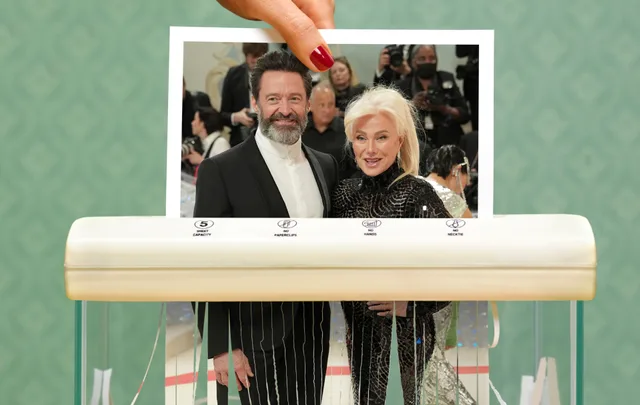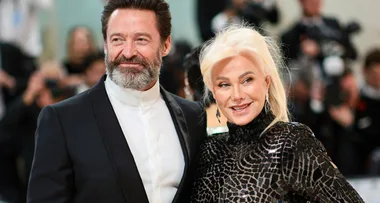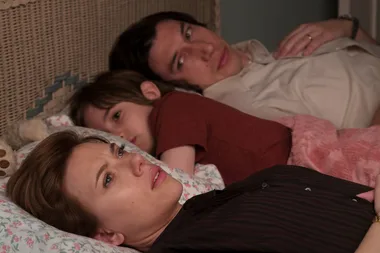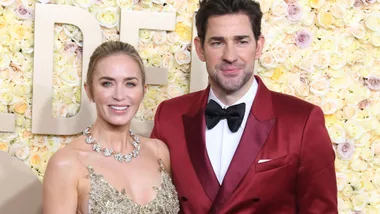It was an outburst on a family holiday to Queensland that finally convinced Chrissie* that she had to leave her marriage. Since making some poor financial decisions, her husband’s behaviour had been increasingly erratic but his anger during the interstate trip in 2016 left her deeply fearful.
“He had a history of anger-management issues and alcoholism, and when things went pear-shaped financially I was initially compassionate. But he was taking it out on me and people can be scary when they turn into someone who is not the person you know,” says Chrissie, who explains that while her husband of 24 years never hit her she was terrified of the intensity of his rage.
For years she’d considered leaving but always told herself to hang in there. But following that fateful holiday she started seeing a counsellor and, with the younger of her two children recently finishing high school, she’d decided that – while she loved her husband – the relationship was unsustainable. And that’s when she was diagnosed with breast cancer.
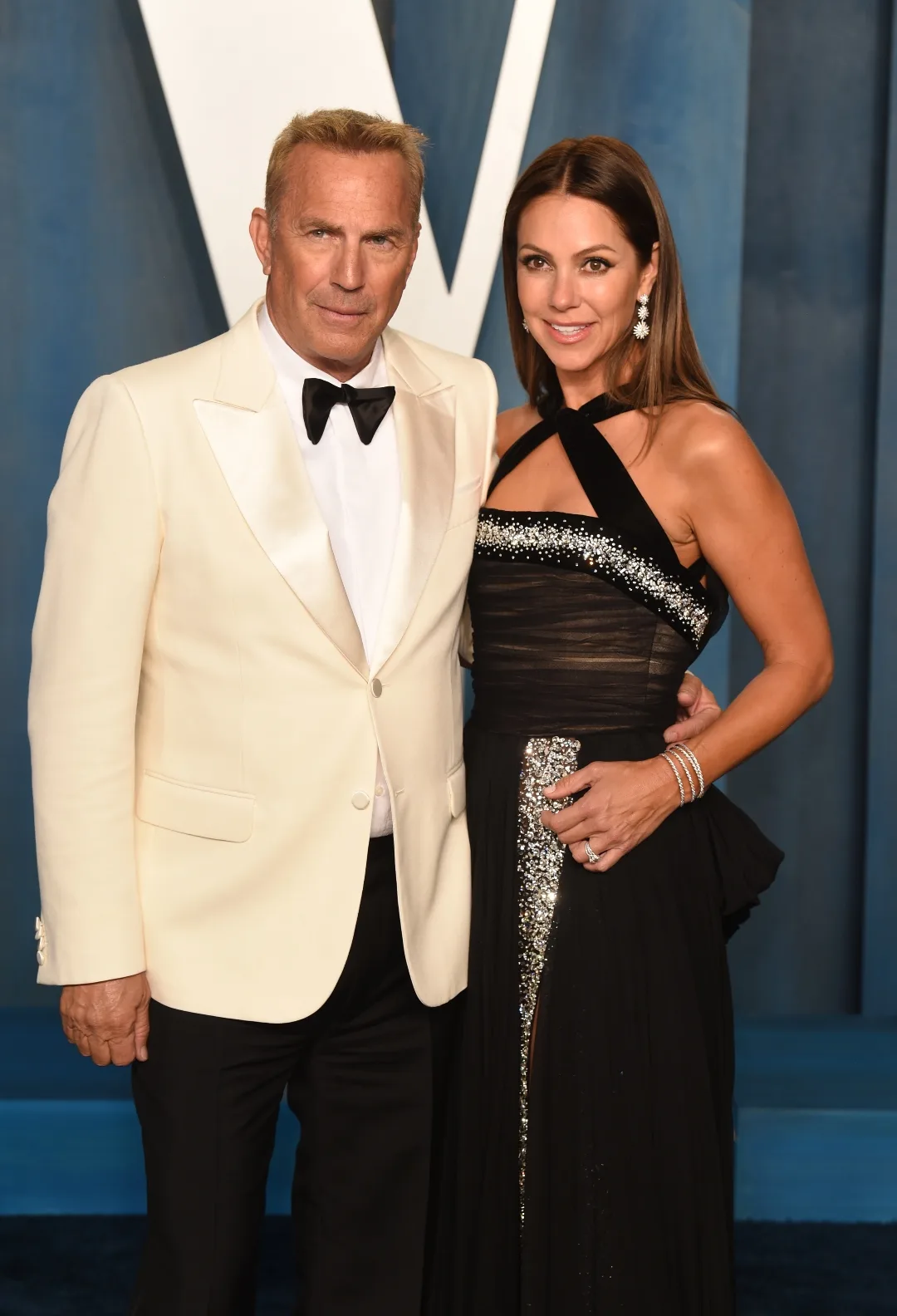
For the next few months Chrissie focused on treatment, which included surgery, chemotherapy and radiation. Yet as the drugs coursed through her body and her hair fell out, her mind remained focused on one thing: how she was going to leave her marriage. Six years later and cancer-free, 60-year-old Chrissie is at the forefront of a growing trend of older couples calling it quits on their relationship, with more than a third of divorces in Australia involving people over 50.
Dubbed “grey divorces”, what’s notable about these marital breakdowns is that they are happening to couples who have been together for decades and seemed in it for the long haul.
Think actors Hugh Jackman, 55, and Deborra-lee Furness, 68, who announced their separation in September after 27 years together. Despite a “wonderful, loving marriage”, their journey was “shifting” and they had decided to separate “to pursue our individual growth”, they said in a statement.
If it all sounds very grown up it’s because they are, well, grown up. And old enough, you’d think, to iron out any problems and work towards a solution. But even people we presume must be emotionally intelligent and mature because we equate their age with wisdom are exiting their marriages.
Actor Meryl Streep, 74, revealed in October that she and her husband, Don Gummer, 76, who have children aged in their 40s, had separated six years ago after 39 years of marriage. “While they will always care for each other, they have chosen lives apart,” said a spokesperson.
Likewise, Downton Abbey star Hugh Bonneville, 60, and his wife, Lucinda “Lulu” Williams, 55, split in October after a quarter of a century together. Further proof that wealth and business brilliance doesn’t make your marriage indestructible are Jeff Bezos and MacKenzie Scott, both in their 50s, and Bill and Melinda Gates, 68 and 59 respectively.
Closer to home, the Seven Network’s Mark Beretta, 57, recently confirmed that despite he and wife Rachel having become grandparents, they had separated after 22 years; while mining magnate Andrew “Twiggy” Forrest, 62, and his wife Nicola Maurice announced in July that their 31-year marriage was over but they remained friends.
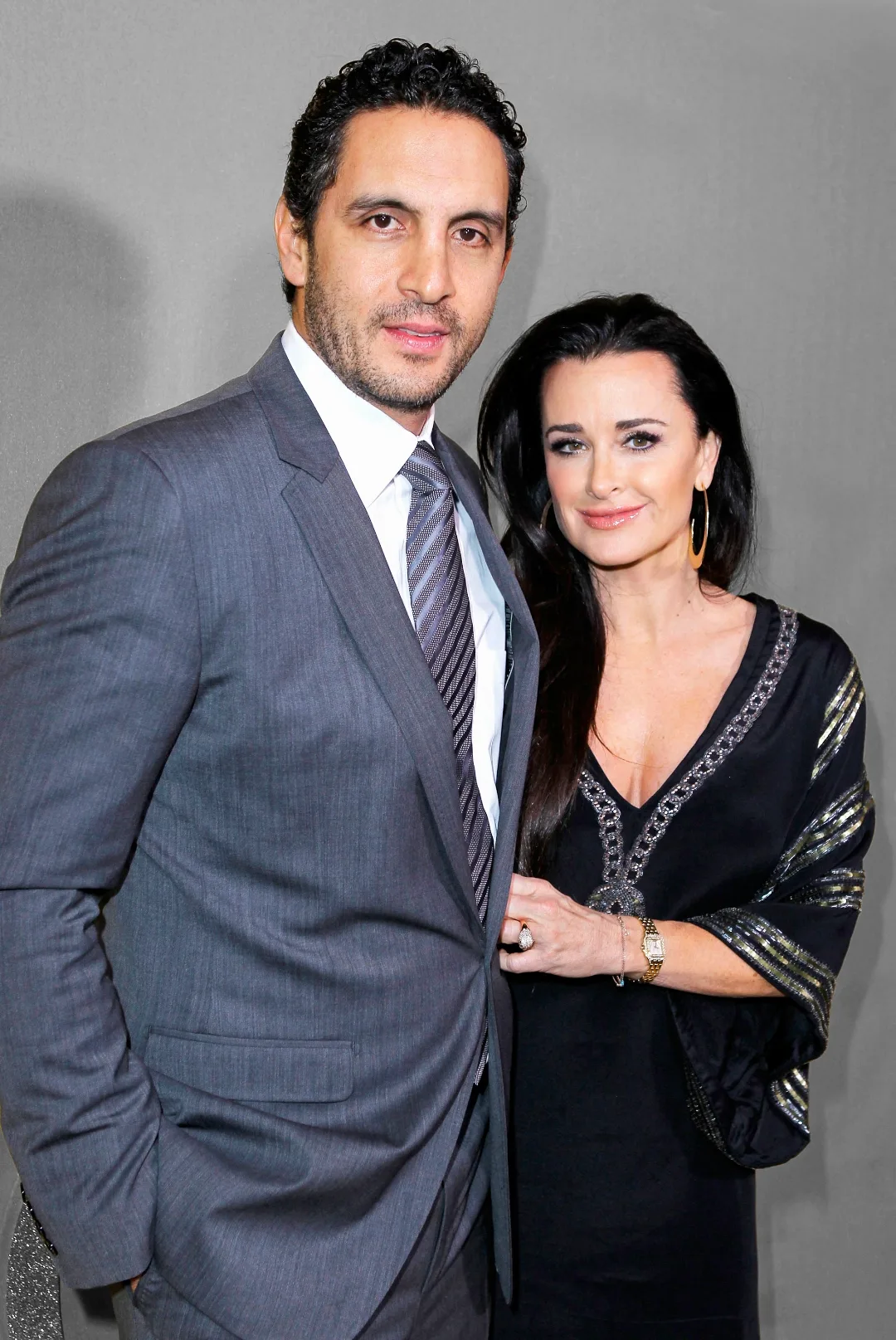
Few couples give an insight into what causes their marriage to falter, which is why former fashion editor Stacey Duguid’s new book about midlife divorce and dating is garnering attention. Writing candidly about her affair, divorce, younger lover and therapy in In Pursuit of Happiness: Mating, Marriage, Motherhood, Money, Mayhem, she says the process was cathartic: “It helped dispute my narrative that I should have stayed, that I was such a bad person, and to explain to the children why I left.”
While “grey” may be a pejorative term for a demographic demonstrably fitter, healthier and – thanks to hair dye – considerably less grey than any generation before them, grey divorces is a catch-all coined to describe older adults who are no longer prepared to put up with unhappy, dysfunctional or lacklustre relationships.
Divorce rates generally have been dropping since the 1990s, but lately they’ve been increasing for those aged over 45. Not only is the median age of divorce rising, but it’s happening to those who’ve been long entwined. More than a quarter of the 56,244 divorces granted in 2021 involved couples who’d been married for more than 20 years, compared with one in five in the 1980s and 1990s, according to the Australian Institute of Family Studies.
Although Chrissie had known her husband since her 20s and was a much-loved member of his wider family, she says her illness led to more stress and made his addictions even worse. In the end it was the support of a close community and a comment from her counsellor that gave her the impetus to leave.
“Counsellors don’t usually nudge you like that but she said to me, ‘You’re in a really toxic situation. I don’t want you coming back to me in 10 to 15 years saying you wish you’d done this earlier.’ I’m so glad she said that. And then she helped me map out a letter to my husband that was compassionate and considered,” says Chrissie.
Longer lives, growing apart, children leaving home, conflicting goals, addictions, infidelity and a lack of intimacy all contribute to the increase in grey divorces, according to Elise Fordham, a principal lawyer at Watts McCray Lawyers and Australian Family Lawyers.
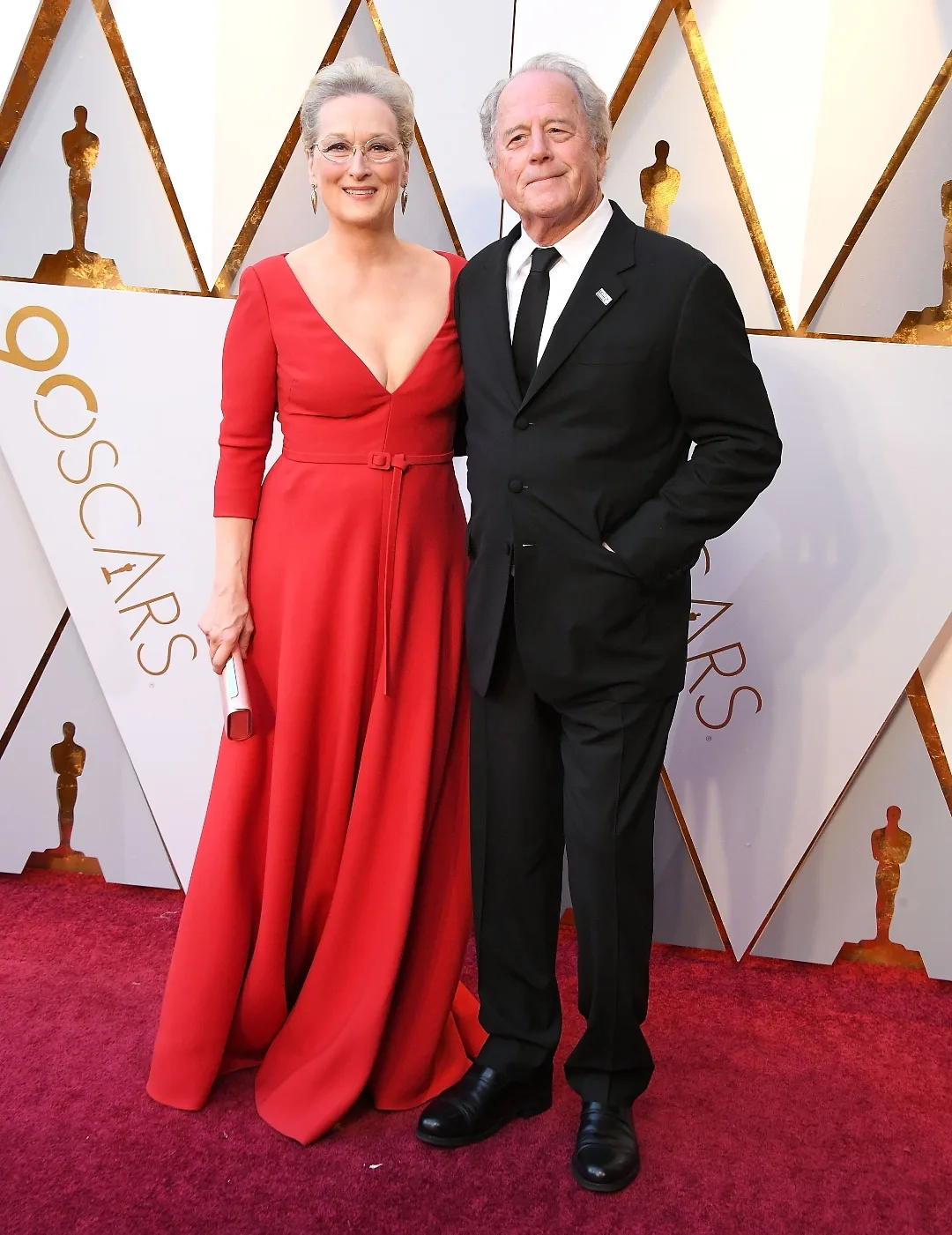
She says the oldest person to use her firm’s services for a divorce was 93 and there are currently two couples in their 80s who are going through the process. As she notes wryly: “If they haven’t done their property settlement when they die, the other person gets all their estate, so we do need to move really quickly when they’re older.”
While older divorces can be more amicable because they are less likely to involve young children, Fordham says women who have focused on the family rather than their careers are often confronted with a lack of financial agency and a low superannuation balance. “They are the ones who tend to put off divorce longer than they could have or should have,” she says. “They don’t have the power and they’re typically in marriages where they’ve been told for their entire lives, ‘I make the money, you’re lucky to be here.’”
The stigma surrounding divorce has declined since “no-fault” divorce was introduced in 1975, but Fordham also believes grey divorces are increasing because social media and globalisation has shown people alternative options and lifestyles that appear more empowered than lonely. “You can open an app on your phone and see all these amazing things you’re missing out on,” she says. “Why stay at home waiting to die when you can cut the cord and jump on a plane?”
While later-life divorce is believed to have less impact on adult children, they can still feel discombobulated and hurt by the breakdown of their family. Some parents wait until their youngest child has finished school – Prime Minister Anthony Albanese and Carmel Tebbutt split soon after their son completed his HSC – while others are unexpectedly influenced by their child’s view.
Fiona*, 58, from Melbourne, says while she had considered leaving her 30-year marriage for more than a decade, she eventually bit the bullet after a comment from her daughter. “My husband and I had had another argument and he’d stonewalled me and refused to speak to any of us for several days,” she recalls.
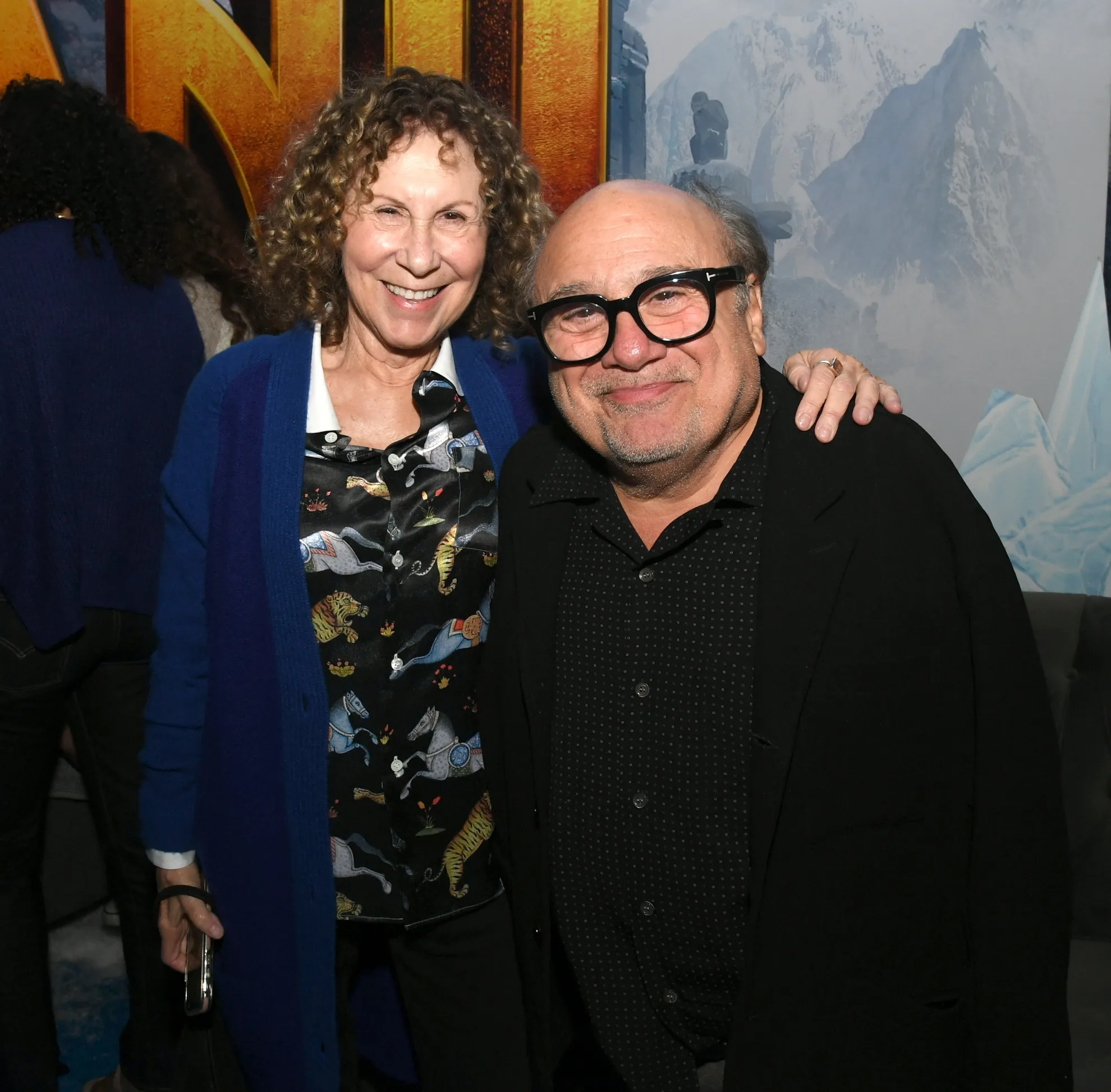
“When my 20-year-old daughter very calmly told me that she would never marry a man like her dad I realised what she’d witnessed over the years and went to see a lawyer the next day.”
A couple of years earlier, Fiona and her husband had gone on a road trip to visit their son in Sydney. It was on that long drive that she realised she and her husband no longer had any shared goals or interests, and there was no warmth between them. But she came from a family where divorce was virtually unheard of, so she stayed in the marriage, despite her misery. “My daughter helped unlock that sense of shame in me,” she says. “At best my husband and I were roommates. At worst – and there were lots of worsts – we were sparring partners.”
Children leaving home prompts the end of many marriages, according to psychologist Sandy Rea, because for women particularly there’s a dissonance between the role they’ve played for the past 20 or 25 years and the role they see for themselves in the future.
“Women in their 50s and 60s are looking sensational, they’re evolving in a sophisticated emotional and intellectual way and they’re very engaged and curious, whereas some men get to 60 and fall off the perch and become boring,” she says. “Women are sitting on the couch looking at their husbands and thinking: ‘This is insufferably boring. What do I get from you?’ or ‘How are you nurturing me emotionally?’”
In her practice, Rea notes that women often think for years about ending their marriage, meaning men can be blindsided when their wives say they want out. Rea says she never advocates for separation because of the consequences, and says it is possible to pull some marriages back from the edge. “Intellectual compatibility is important, as are values and goals, and you have to be willing to have conversations about some of the tough things like finances and sex,” she says.
“Couples have to be brave, to step out of their comfort zone. You may be the passive one during sex but you need to step into the ring and talk about your requirements. Sex can be a good barometer of how a relationship is going because it’s the way we communicate.”
While the public rarely knows what might have caused a celebrity marriage to break down, Rea says the end of a relationship as seemingly secure as Hugh Jackman’s has an impact on ordinary people because we have what she calls a “parasocial” relationship with those in the public eye.
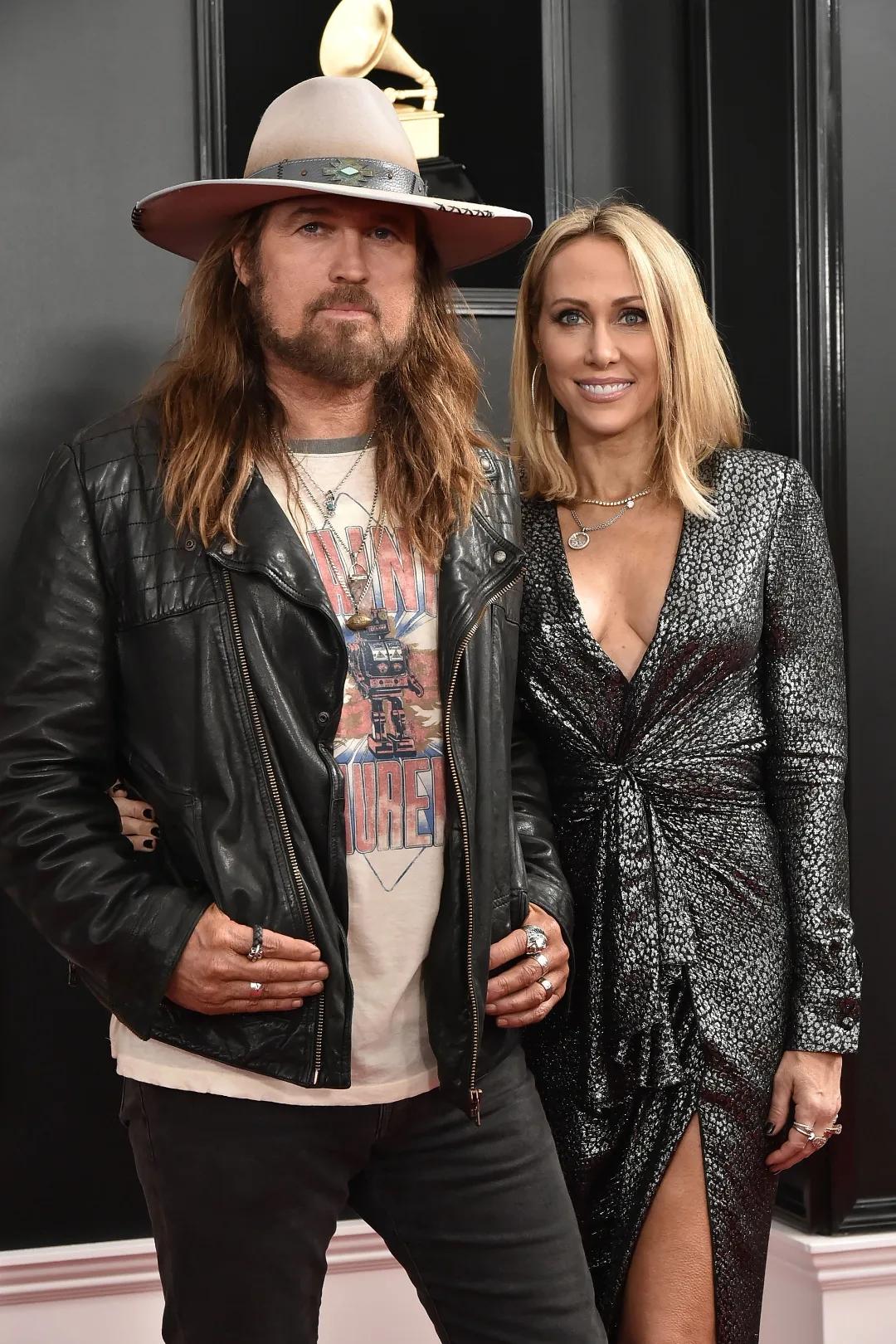
“We form parasocial relationships with high- profile people because we think we understand their lives,” she explains. “We see what events they are at, what their children are like, what new home they’ve purchased, and that normalises our own lives. But when their lives fragment, part of us is also broken because we internalise those parasocial relationships. When a celebrity marriage breaks down we think, ‘Oh, I was looking at them to guide me and be a yardstick.’”
The key difference with a celebrity divorce, however, is that the wealth and asset pool is generally greater than that of non-celeb older couples, who may have to confront a future with considerably less money.
Financial adviser and the founder of Money Mode, Renae Vercoe, says grey divorcées may have a tidier asset split but the financial setback could be greater. “Divorcing later means you don’t necessarily have the capability to rebuild your financial position,” she explains. Older generations may not have had a lifetime of compulsory superannuation, and women in particular often have lower balances due to time out of the workplace. “For some women, re-creating a financial future can be daunting,” she adds. “You go from owning your family home together to having to purchase two separate homes and your retirement plans may need to be revised.”
Yet Vercoe, who holds “Re-Build” workshops with other experts and offers online courses, says gaining financial knowledge and independence can be empowering. It’s also necessary, as women over 55 are the fastest growing cohort of homeless in Australia. “Redesigning your life, then building a financial plan to support that can be exciting,” she says. “Money is just a tool that allows you freedom and choices, so being in the driver’s seat can lead to a more confident life.”
For Chrissie, who has a new partner, recovery from divorce and cancer has taken time. “Women need to understand that you don’t necessarily bounce back in a few months. It’s only in the last couple of years that I feel I’m getting back into my own rhythm again,” she says. Overwhelmingly, though, she is grateful: “I’ve got a fabulous community, I have healthy kids and I get to do things I love like swim and hike. Life is really good.”
